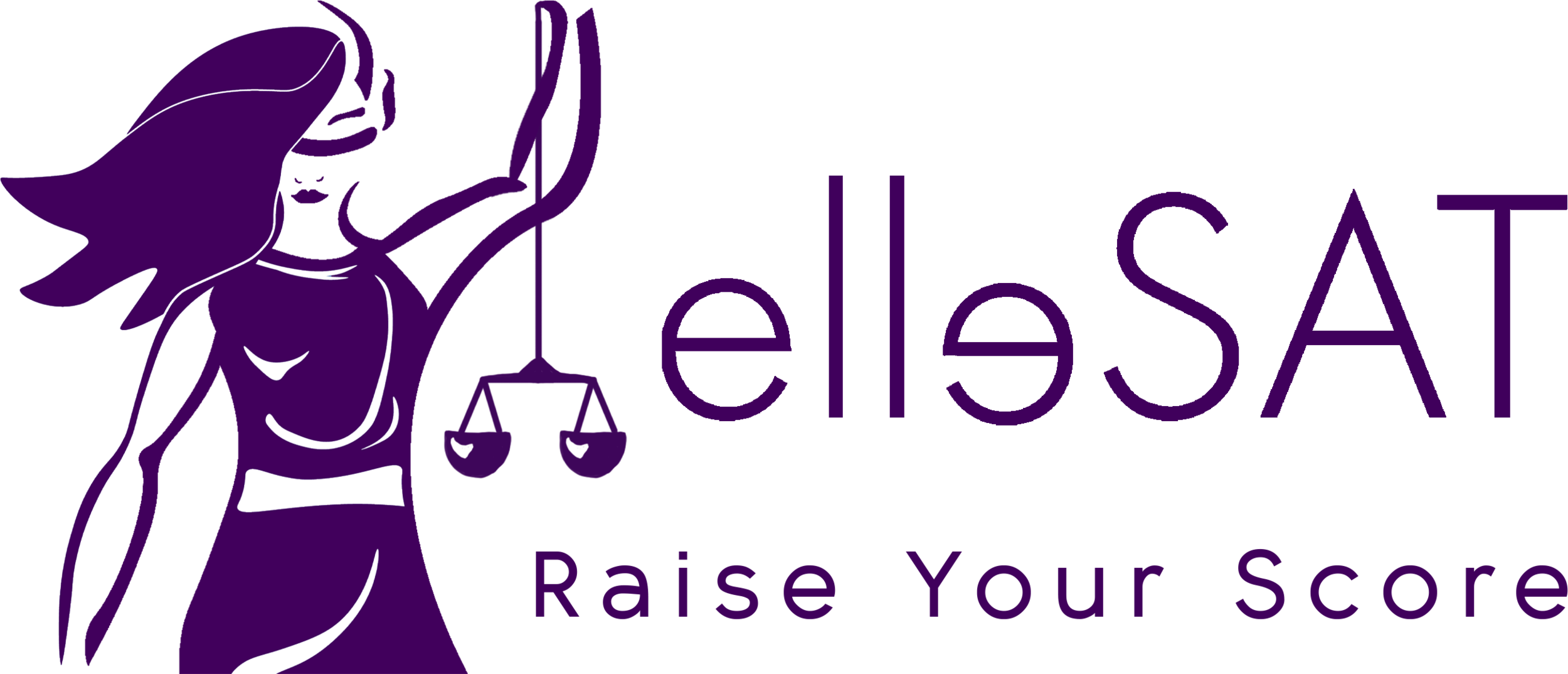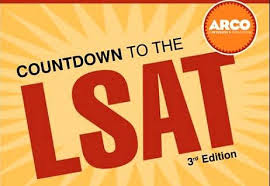
To request LSAT accommodations, you must submit specific documents demonstrating your disability. What Is a Psychological Assessment for LSAT Testing Accommodations and How Can It Help You? Use of a human reader or scribe of your choice. Use of alternate testing formats (e.g., paper-and-pencil format, braille books) and resources (e.g., braille materials, magnification devices, tactile manipulatives). Permission to sit, stand, read, or speak aloud during testing. Other accommodations may be allowed during the LSAT upon request, after careful review and approval, such as:Īdditional breaks or stop/start breaks as needed. Medication or medical treatment supplies.Īdditionally, all test takers can use software features to spell-check and adjust the text size and spacing. Soft foam earplugs (generic, non-electronic, non-corded).ĭrinks in a plastic container or juice box (up to 20 oz or 591 ml).

Up to five blank sheets of scratch paper (lined, unlined, or graph). What Accommodations Are Available for the LSAT?Īll LSAT applicants are allowed to use any of these personal items during testing:Īny writing instrument (e.g., pens, pencils, markers, highlighters). Has a history or is perceived to have such limitations. Has a mental or physical impairment that substantially restricts a major life activity (e.g., listening, speaking, reading, writing, thinking) or body function (e.g., digestive or neurological processes). According to the ADA, an individual with a disability is somebody who: If you have a disability, you may be eligible for LSAT testing accommodations. For example, you could take a break to refocus, have extended time to re-read test prompts, or use anxiety coping strategies like deep breathing.Īre You Eligible for Accommodations on the LSAT? These accommodations allow you to apply strategies to help mitigate the impact of your disability.


The Americans with Disabilities Act (ADA) defines testing accommodations as “changes to the regular testing environment and auxiliary aids and services that allow individuals with disabilities to demonstrate their true aptitude or achievement level on standardized exams or other high-stakes tests.” And there are systems in place to protect your right to test-taking. Testing accommodations can help ensure the LSAT conditions are fairly administered so you can exhibit your knowledge and skills. It may severely impact your studying capabilities and testing performance, putting you at a disadvantage compared to other LSAT candidates.īut you are not alone. Whether you are an undergraduate applying for law school or transitioning from a different career, you might be looking at the Law School Admissions Test (LSAT) as the next step toward your goals.Įnduring cognitive or emotional symptoms that affect your capacity to think, focus, learn, or complete tasks might add a layer of stress to this challenge. Getting ready for any standardized test can be a nerve-racking and frustrating experience. An Assessment for Testing Accommodations May Help


 0 kommentar(er)
0 kommentar(er)
